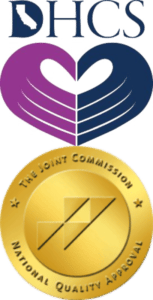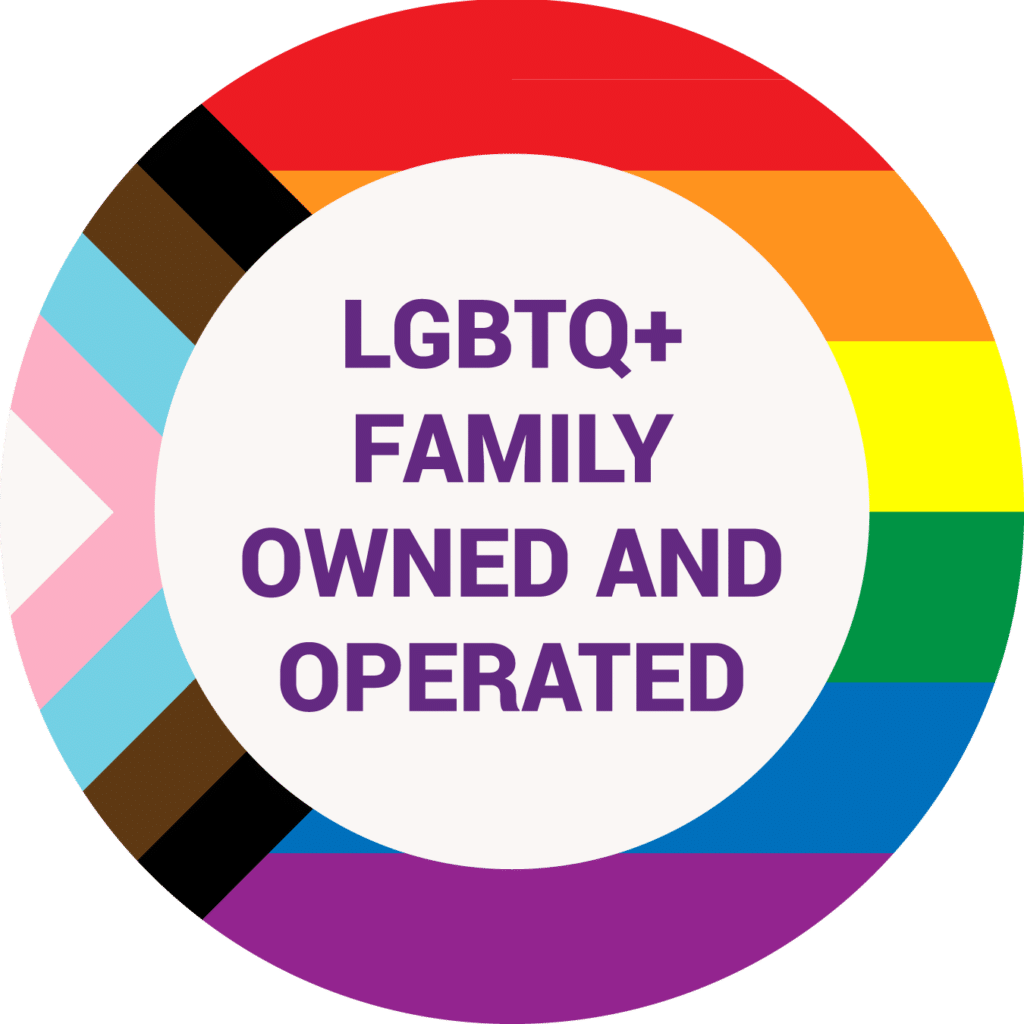Quitting Drugs Cold Turkey: Understanding the Risks
Medically Reviewed by: Eric Chaghouri
Table of Contents
Quitting drugs cold turkey, which means suddenly and completely stopping the use of a substance without medical supervision or a gradual reduction in dosage, is a significant decision that carries various risks. This approach can be particularly dangerous for certain substances and individuals. Here’s an overview of the potential risks associated with quitting drugs cold turkey.

Understanding Quitting Drugs Cold Turkey
“Quitting drugs cold turkey” refers to the abrupt cessation of drug use. This method is often chosen by individuals who want to stop using drugs without transitioning to lower dosages or seeking professional help.
The Risks of Quitting Drugs Cold Turkey
Physical Health Risks
- Withdrawal Symptoms: These can range from mild to life-threatening, depending on the drug. Symptoms may include nausea, sweating, shaking, and severe anxiety. In extreme cases, withdrawal can lead to seizures or death.
- Relapse Potential: The discomfort of withdrawal symptoms can increase the likelihood of relapse, as individuals may return to drug use to alleviate their discomfort.
Psychological Risks
- Mental Health Challenges: Sudden drug cessation can exacerbate underlying mental health conditions like depression or anxiety.
- Lack of Psychological Support: Quitting substance abuse without professional help can mean missing out on valuable psychological support and coping strategies.
Safety Concerns
- Unsupervised Withdrawal: Quitting cold turkey without medical supervision can be dangerous, as complications can arise that require immediate medical attention.
- Impaired Judgement: Withdrawal symptoms can impair judgment and decision-making, potentially leading to unsafe behaviors.
Substance-Specific Risks
- Alcohol and Benzodiazepines: Stopping benzodiazepines and alcohol abruptly can lead to severe withdrawal symptoms, including delirium tremens, which can be fatal.
- Opioids: While opioid withdrawal is not typically life-threatening, it can be extremely uncomfortable and lead to relapse.
Are You Ready To Get Help?
Safer Alternatives to Quitting Cold Turkey
Medical Supervision and Detoxification
- Personalized Care: Medical supervision provides a tailored detoxification plan that considers the individual’s specific health needs and substance use history.
- Medication Management: Healthcare professionals can prescribe medications to safely manage withdrawal symptoms at a drug addiction treatment center, reducing both discomfort and risk of complications.
- Monitoring for Complications: Continuous medical monitoring is crucial to swiftly address any complications that may arise during the detox process.
Gradual Tapering
- Controlled Reduction: Gradually decreasing the drug dosage reduces the shock to the body, minimizing withdrawal symptoms.
- Individualized Pace: Tapering schedules are individualized, allowing for adjustments based on how the body and mind respond to the reduced dosages.
- Professional Guidance: Healthcare providers guide this process, offering support and making necessary adjustments to the tapering schedule.
Therapy and Support groups
- Cognitive Behavioral Therapy (CBT): CBT helps in identifying and changing harmful thought patterns and behaviors related to drug use.
- Group Therapy: Support groups provide a sense of community and shared experience, offering emotional support and encouragement from peers.
- Family Therapy: Involving family members can improve communication, heal relationships, and build a supportive home environment.
Medication-Assisted Treatment (MAT)
- Effective for Opioid and Alcohol Addiction: MAT combines medication with counseling and behavioral therapies. For opioid addiction, medications like methadone or buprenorphine are used. For alcohol addiction, medications such as disulfiram may be prescribed.
- Reduces Cravings and Withdrawal Symptoms: MAT medications can significantly reduce cravings and withdrawal symptoms, making the recovery process more manageable.
- Integrated Care Approach: MAT is most effective when integrated with counseling and psychological support, addressing the holistic needs of the individual.
Lifestyle Modifications and Holistic Therapies
- Healthy Lifestyle Changes: Incorporating regular exercise, a balanced diet, and sufficient sleep can greatly improve physical and mental well-being during recovery.
- Holistic Approaches: Techniques like meditation and yoga can complement traditional treatments by reducing stress and improving overall mental health.
Continuous Aftercare and Relapse Prevention
- Long-term Support Plans: Aftercare programs provide ongoing support and resources to maintain sobriety after initial treatment.
- Relapse Prevention Strategies: Learning and practicing relapse prevention strategies is key to managing triggers and maintaining long-term recovery.
The Importance of Professional Drug Addiction Treatment
Expert Medical Supervision
- Safe Detoxification: Professional treatment facilities provide medical supervision during the detoxification process, ensuring safety and minimizing the discomfort of withdrawal symptoms.
- Management of Co-occurring Disorders: Many individuals with addiction also struggle with co-occurring mental health disorders. Professional treatment can address these concurrent issues, offering a holistic approach to recovery.
Customized Treatment Plans
- Individual Assessment: Each person’s journey with addiction is unique. Professional treatment begins with a thorough assessment, leading to a personalized treatment plan tailored to individual needs.
- Adaptive Strategies: As individuals progress through treatment, their needs may change. Professional settings are equipped to adapt treatment plans accordingly, ensuring the most effective approach at every stage.
Psychological And emotional support
- Therapeutic Interventions: Treatments like Cognitive Behavioral Therapy (CBT), Dialectical Behavior Therapy (DBT), and motivational interviewing are integral parts of professional addiction treatment, helping individuals understand and change their behaviors and thought patterns.
- Coping Skills Development: Patients learn vital coping skills to handle triggers and stressors in healthy ways, reducing the likelihood of relapse.
Aftercare and relapse prevention
- Continued Support: Aftercare programs, such as ongoing counseling and support groups, provide continued support after the initial treatment phase.
- Relapse Prevention Planning: Professional treatment includes education and planning for relapse prevention, equipping individuals with strategies to maintain long-term sobriety.
Start the Road to Recovery
while the concept of quitting drugs cold turkey may seem straightforward, it is fraught with significant risks and challenges. The potential for severe withdrawal symptoms, psychological distress, and the high risk of relapse make it a less favorable option.
Safer and more effective approaches, such as medical supervision, gradual tapering, therapy, and support groups, offer a comprehensive pathway toward recovery. It is imperative for individuals considering quitting a substance to seek professional medical advice and explore treatment options that cater to their specific needs, ensuring a safer journey to sobriety and long-term wellness.
If you or a loved one are struggling with drug addiction or substance abuse, get in touch with No Matter What Recovery. Our treatment facility is here to help individuals overcome addiction in an encouraging, LGBTQI+-informed, safe environment.
Frequently Asked Questions
When you suddenly stop taking a drug, your body can experience withdrawal symptoms due to its dependence on the substance. These symptoms vary depending on the drug, the duration and amount of use, and individual health factors. Common withdrawal symptoms can include nausea, headaches, anxiety, insomnia, and severe cravings. In some cases, particularly with alcohol and benzodiazepines, withdrawal can be life-threatening, leading to seizures or delirium tremens.
Certain medications should not be stopped abruptly due to the risk of severe withdrawal symptoms or other health risks. These include:
- Benzodiazepines (like Xanax, Valium, and Ativan): Stopping these can lead to severe withdrawal symptoms, including anxiety, seizures, and, in extreme cases, death.
- Opioids (like morphine, heroin, and prescription painkillers): Abrupt cessation or quitting opioids such as heroin cold turkey, can lead to extremely uncomfortable withdrawal symptoms, including severe pain, vomiting, diarrhea, and a high risk of relapse.
- Alcohol: Especially in cases of heavy and prolonged use, quitting alcohol cold turkey, or suddenly stopping can lead to dangerous symptoms like seizures, hallucinations, and delirium tremens.
Common withdrawal symptoms can include nausea, sweating, shaking, anxiety, irritability, and sleep disturbances. The severity of these symptoms varies based on the substance used, the level of dependency, and individual health factors. In severe cases, withdrawal can lead to life-threatening conditions like seizures or delirium tremens, especially with alcohol or benzodiazepines.
Yes, the discomfort and stress of withdrawal symptoms experienced when quitting cold turkey can increase the likelihood of relapse. Individuals may return to drug use to alleviate withdrawal symptoms or because they lack the support and coping strategies necessary for sustained abstinence.

Dr. Eric Chaghouri is our Medical Director at No Matter What Recovery. Since completing his forensic psychiatry fellowship, he has established a successful and thriving practice in Southern California, focusing on treatment of co-occurring psychiatric and addictive disorders.

Dr. Eric Chaghouri is our Medical Director at No Matter What Recovery. Since completing his forensic psychiatry fellowship, he has established a successful and thriving practice in Southern California, focusing on treatment of co-occurring psychiatric and addictive disorders.



